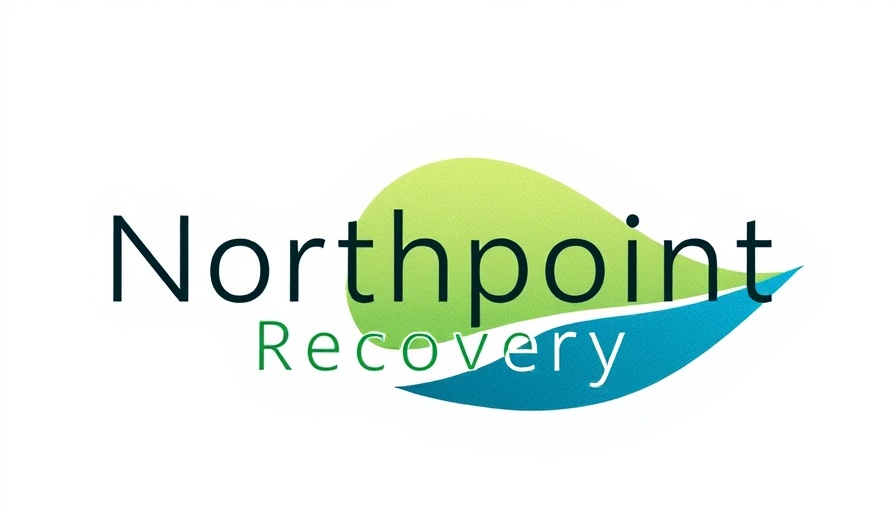
Understanding Cross Fading: A Dangerous Mix
For many young people, the allure of combining alcohol and marijuana may seem enticing. Dubbed "cross fading," this practice of using both substances simultaneously can appear as a carefree choice among peers. However, it poses serious risks that parents should understand to help guide their children away from substance abuse.
The Risks of Mixing Alcohol and Marijuana
Cross fading combines the distinct effects of alcohol—a central nervous system depressant—and marijuana, a psychoactive mood-altering drug. When mixed together, these substances can magnify each other's effects, leading to unpredictable and potentially dangerous outcomes.
Many teens and young adults opt for more of both drugs without realizing the dangers involved. Medical professionals, including Dr. Gary Wenk, warn that consuming marijuana while drinking can significantly affect cognitive and motor skills. This amplification can lead to debilitating conditions, such as nausea, dizziness, and disorientation, making it difficult for one to react effectively in emergency situations.
The Physical Consequences of Cross Fading
One alarming outcome of cross fading is the risk of something known as "greening out." This condition occurs when a person consumes an excessive amount of THC from marijuana, resulting in a range of uncomfortable symptoms like severe anxiety, rapid heartbeat, and even vomiting. The threat is exacerbated when alcohol is involved, as it can lead to a chaotic combination of symptoms exacerbating feelings of confusion and instability.
How Alcohol Impacts Decision-Making
Alcohol affects the individual's ability to make rational decisions. As some teens might take to social settings, they could begin with the intent to experience the light-hearted effects of marijuana but, under the influence of alcohol, may unintentionally consume more than they planned. This situation raises concerns about their ability to avoid adding more contraband substances in a decision-making context that is already impaired.
A Call for Parental Awareness and Dialogue
Having an open, honest conversation about substance abuse at home is crucial. Parents need to educate their children about the risks of cross fading and the severe implications it may have on both physical health and mental well-being. According to studies, proactive communication can significantly reduce the likelihood of substance use, as teens are better equipped to make informed decisions when they understand the risks involved.
Support and Resources for Parents and Teens
For parents who discover that their child is facing challenges with substance use or abuse, various programs can help. Addiction counseling, inpatient rehab, and outpatient treatment options can provide the necessary support and education. Engaging in community programs, such as family therapy for addiction or support groups like Alcoholics Anonymous (AA) or Narcotics Anonymous (NA), can also be valuable resources.
Additionally, parents can employ motivational interviewing as a technique to discuss sensitive topics, such as substance use patterns, in a way that encourages their child to share their feelings and experiences openly.
Conclusion: Empowering Better Choices
The phenomenon of cross fading should not be taken lightly. Not only are the immediate dangers alarming, but the long-term implications of mixing substances can have lasting impacts on a person’s overall life trajectory. By fostering open dialogues, providing educational resources, and encouraging healthier coping strategies, parents play a critical role in helping their children navigate the complicated landscape of substance use.
If you are concerned about your child’s substance use, seek out resources available in your community. Don’t hesitate to reach out to addiction support groups or a healthcare professional to explore treatment options.
 Add Row
Add Row  Add
Add 




Write A Comment